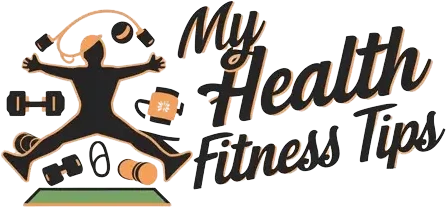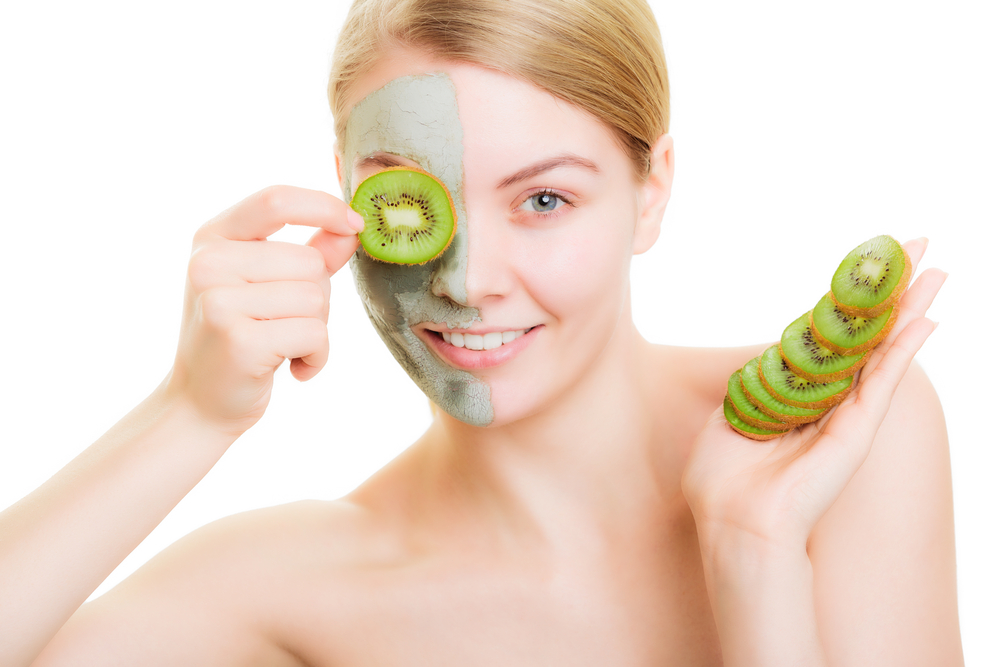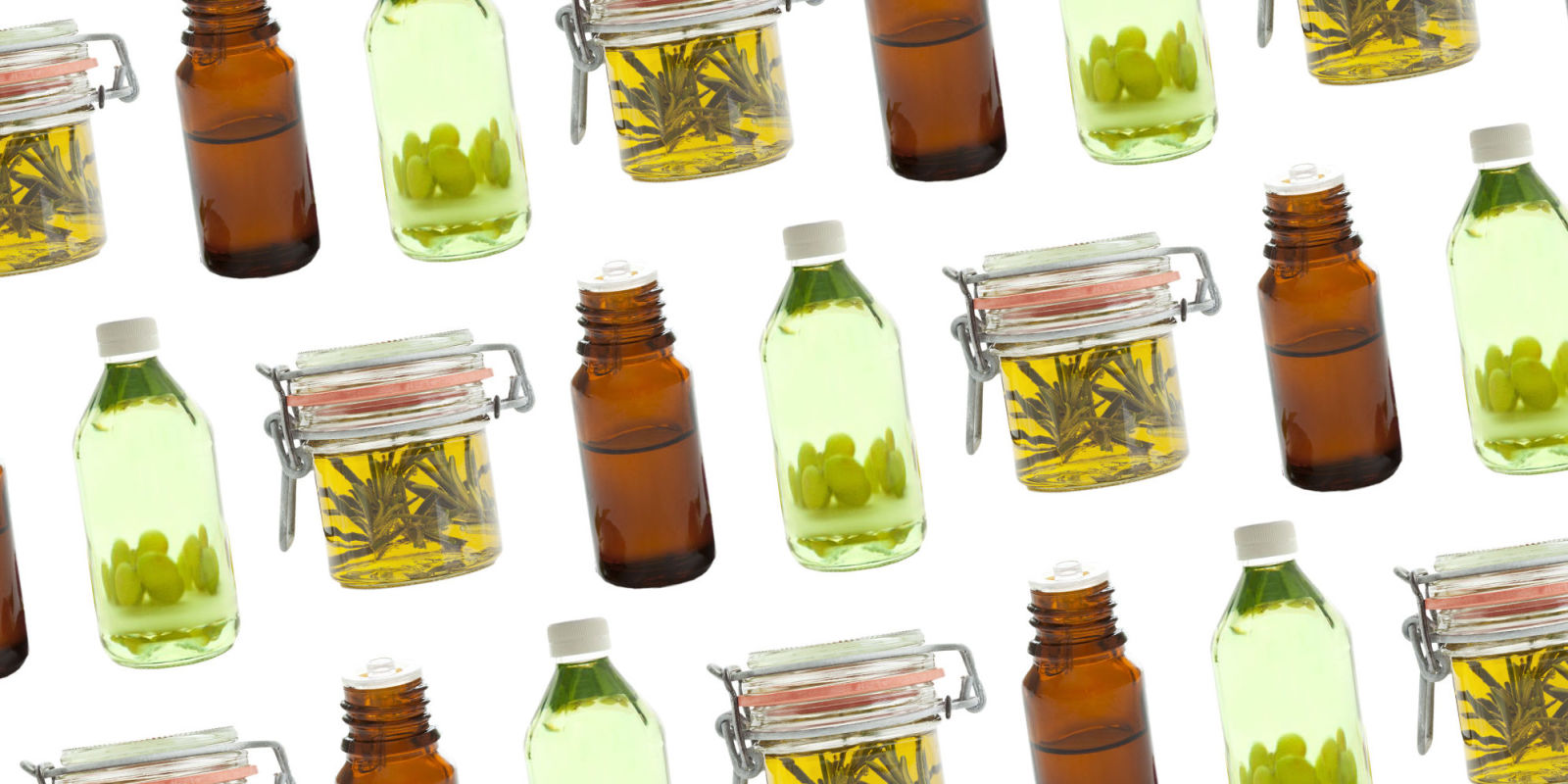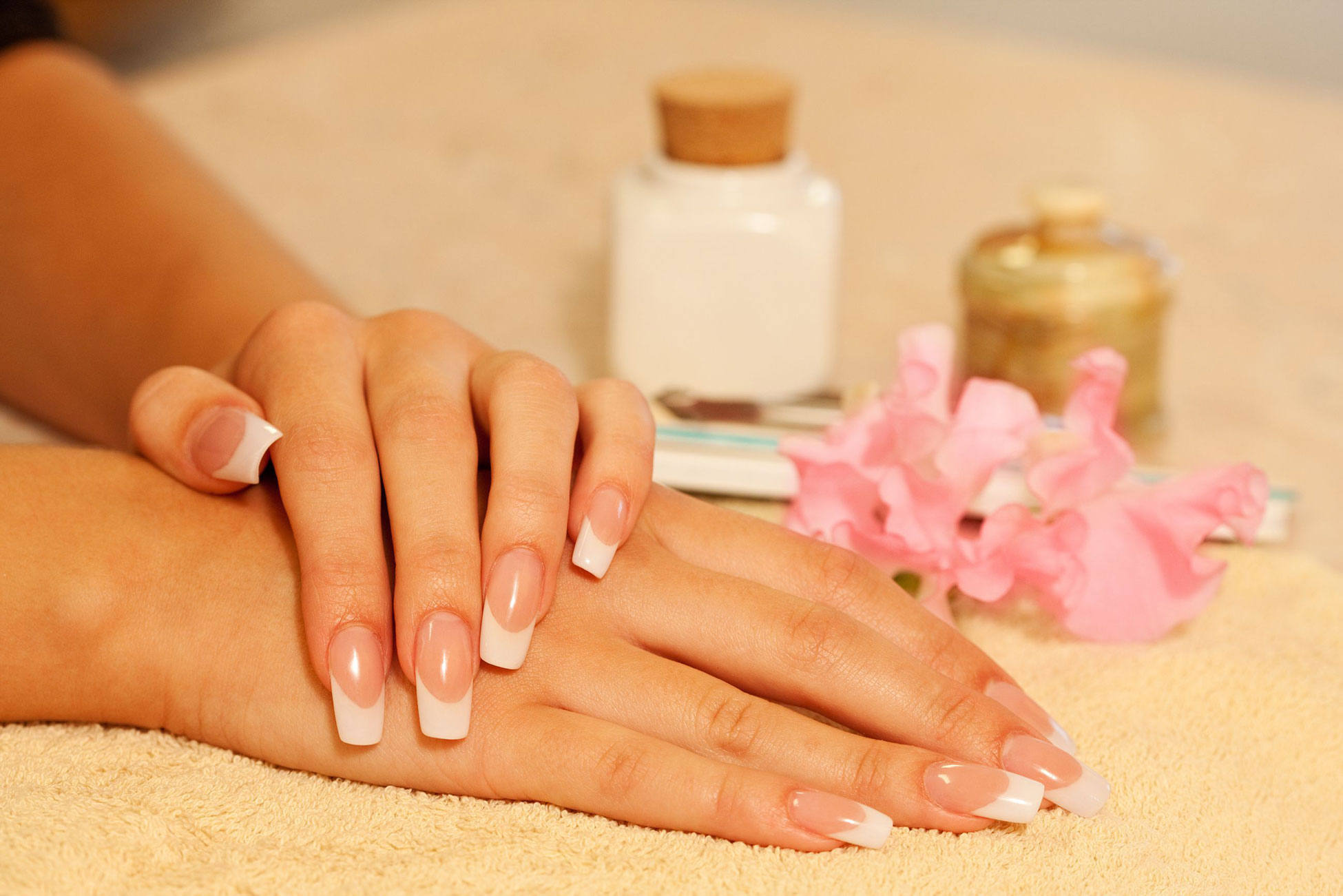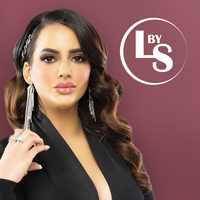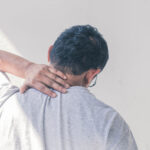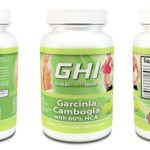Natural ways are the best to be beautiful. This article does not discuss makeup tips, but some ways to be a natural beauty.
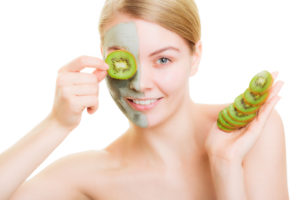
We all want to look beautiful, and it is absolutely fine. However, many of us turn to artificial methods and end up either not achieving our goals or even looking artificial. Makeup and other methods can enhance our beauty, but we should not be relying on these methods. Here, we will look at the methods to be beautiful naturally.
State of Mind
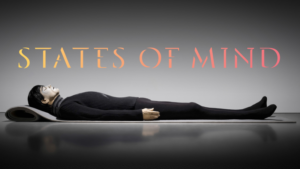
Everyone is different and beautiful in his or her own way. Feeling beautiful is the first step in being beautiful. Many factors contribute toward beauty including facial features, skin tone, body, and style. But the state of mind is one of the most important factors. Be in a positive state of mind, be confident, and be happy. This will help you look more beautiful.
Have Exercise
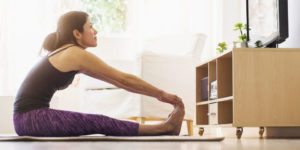
Exercise has a positive effect on every aspect of body and mind. Exercise improves our skin, hair, body, and every other imaginable aspect or our body. That is not all. Exercise also has positive effects on our mind and induces positive feelings while keeping anxiety and depression at bay.
Eat Healthy Food
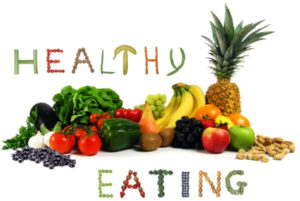
Eating healthy food is another important factor in looking beautiful. Eat natural foods while avoiding processed and junk food. Remember that packed and processed foods do not have the natural goodness. If you want to have fruits and vegetables, eat raw instead of packed fruits and juices. Eat less meat and try to get the nutrition from fruits, vegetables, grains, dry fruit etc.
Skincare in a Natural Way
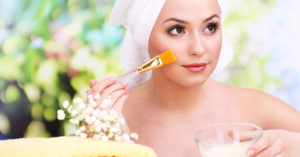
It is not necessary to have the perfect skin to look beautiful. Use natural ingredients to clean and improve your skin. Shea butter makes your skin even toned, rosemary oil and tea tree oil heal acne. Avoid direct sunlight and use shade or umbrella to naturally protect your skin. If required, use quality sunscreen to protect your skin from sun damage.
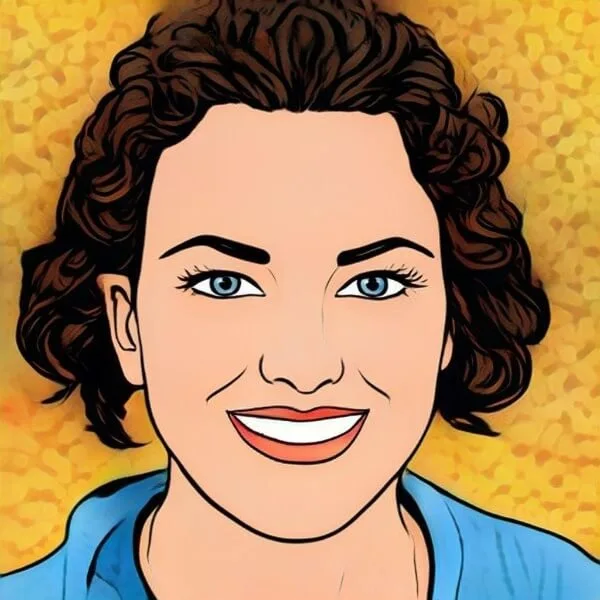
Alina Smith is a health blog author with an interest in the intersection of wellness and mental health. She’s worked as a writer, editor, and communications specialist for various healthcare organizations. Alina has also led projects to improve access to care for underserved populations in both rural and urban settings.
